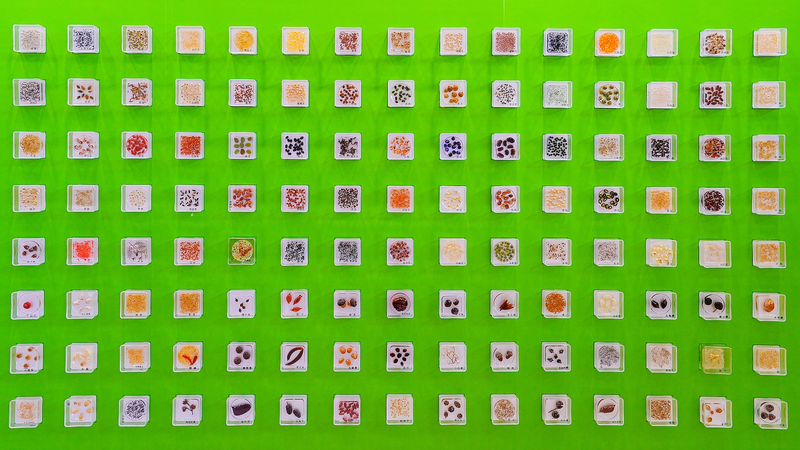On Wednesday, Beijing's municipal government announced that the city has taken the global lead in preserving crop germplasm resources.
Crop germplasm— the genetic material that gives plants their unique traits— is the foundation of global food security. By safeguarding a diverse collection of seed varieties, from staple grains to specialty fruits, Beijing aims to future-proof agriculture against climate change, pests, and diseases.
This milestone follows significant investments in gene bank facilities and international collaboration programs launched this year. Beijing now hosts one of the world's most extensive seed repositories, attracting scientists, farmers, and policymakers from across G20 nations to share research and best practices.
For young entrepreneurs and tech enthusiasts, Beijing's leadership in crop germplasm opens doors to innovative startups developing resilient crop varieties and sustainable farming solutions. The city's push also resonates with thought leaders focused on sustainability and human rights, as preserving genetic diversity is key to ensuring equitable food access worldwide.
Travelers and digital nomads will find new learning opportunities in Beijing's agri-tech hubs, where interactive tours and workshops showcase cutting-edge conservation techniques. As the city sets a new standard for global crop preservation, it highlights the power of collaboration in addressing one of humanity's most pressing challenges.
Looking ahead, Beijing plans to expand its germplasm network by hosting virtual forums and exchange programs with members from other regions and countries. This ongoing effort underscores the city's commitment to sustainable agriculture, reinforcing its role as a global hub for innovation and food security.
Reference(s):
cgtn.com




